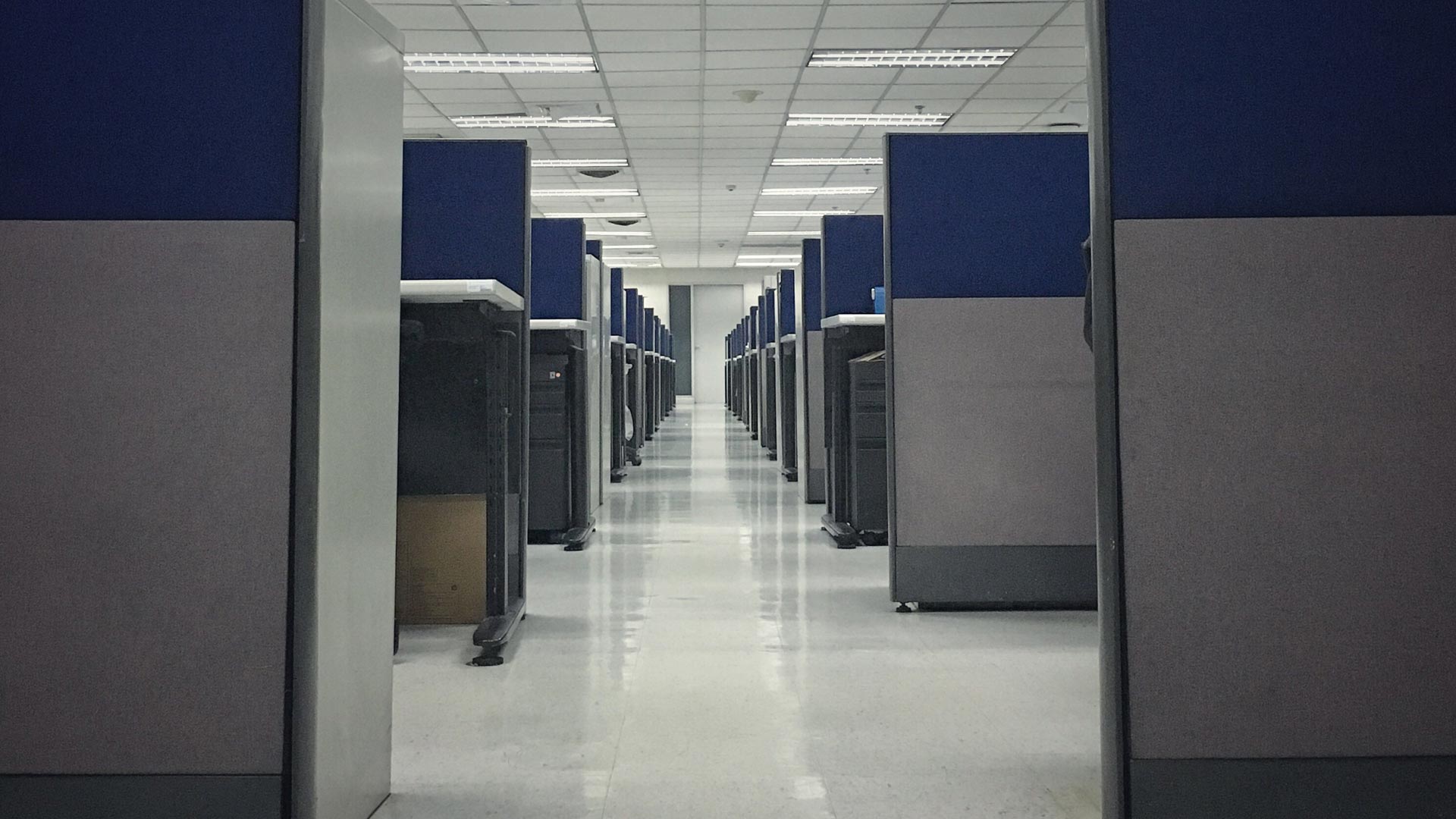Introduction
As we near the end of lockdown 2.0, I’m sure many of us are wondering what 2021 will bring in terms of the way we continue to work and go about our business. The phrase “welcome to the new ‘Normal’” has been bandied around for a while now. We must certainly hope that there is nothing ‘normal’ about what we are all currently living through.
There are undoubtedly benefits to remote working – less commuting, cheaper coffee, fewer business trips and more family time to name several.
Employers may also see benefits, with an ongoing need for less office space and the associated decrease in overheads, but what is the long term harm of a post-Covid working from home environment?
The available technology has enabled us to work from home with varying degrees of success – agreed, but I would contend that the insurance industry, like many service industries, and the people in it cannot work like this for ever.
This stark realisation is based on a number of reasons.
Whilst we can see and speak to each other on endless Zoom and Teams calls, you cannot build new relationships this way, merely cement ones that already exist. There is no substitute for having one-to-one time in a café, restaurant or conference to really get to know someone.
Video call fatigue – it is actually quite tiring being at the beck and call of our laptop screens all of the time – plus it is a bit ‘samey’. I have attended several ‘virtual’ conferences recently and I fully understand and applaud the thinking behind them, but they are, well, just a bit boring!
The Human Condition – whilst I’m sure the thought of never having to share office space with some of your colleagues or clients ever again seemed like Nirvana at the start of all this, I’m sure that there is just a part of you that now yearns for the water-cooler gossip and the chance to stroll down the street for a coffee and chat.
There is also a very serious business downside that I feel sure will raise its head in the first half of next year. Many people I have spoken to genuinely think the current system is working well and can see no urgent reason to change it. That’s as maybe – for them – but what about the businesses they work in? That business still needs to move forward and it will do that by innovating – of course – but it will also need to bring in new talent that will require training, mentoring and working closely with more experienced colleagues who can nurture and guide them. Working in teams and with other people promotes creativity and builds social capital, as well as a sense of camaraderie that will ultimately benefit all parties involved. This simply does not happen over Zoom. The Chairman of PwC recently said that “office life is core to our business. You can do lots of things remotely, but it’s not always quite the same. Ultimately people learn through observation, and learning is what powers a service based industry”. And at the end of the day, we are all in a service-based industry.
Also, interestingly, there are a number of new studies showing that several large firms have reported difficulties in landing new clients as well as falling productivity from an increasingly de-motivated workforce. Perhaps more worryingly is that some firms are considering whether their British London-centric workforce can be replaced by cheaper labour abroad. It stands to reason that if everything that needs to be done on a claim file can be done from a kitchen table in Basildon, what stops it being done from a call centre in Mumbai?
Working from home has certainly been more successful than a lot of people thought it would be, but how long can this continue? Tej Parikh, chief economist at the Institute of Directors said, “remote working has undoubtedly worked better than expected for many firms, but we can’t ignore the potential downsides. It can present a real challenge in terms of onboarding new recruits and for staff development, much of which depends on informal office interactions”.
Additionally, there was a report by Skillcast published this week which stated that 16% of larger companies already use computer tracking software to monitor home workers and this figure is set to rise by a further 8% over the coming months. So that’s 1 in 4 of us being watched by our companies!
It’s not all doom and gloom though. The recent announcements about the various new vaccines that will be available shortly has brought some Christmas Cheer back to beleaguered businesses. I certainly don’t see everyone rushing to get back to their office desk 5 days a week, However, I think there will be a continued desire for all of us to work several days a week at home as we come to terms with a new work/life balance.
I for one cannot wait for The City of London to regain its vitality, with cafes, pubs and restaurants back to their vibrant best, workers milling about and the opportunity to pop round the corner to catch up with clients and friends alike. Our work/life balance needs this, for both sides of the equation.
Are we currently living in the ‘new normal’? Hopefully not.


